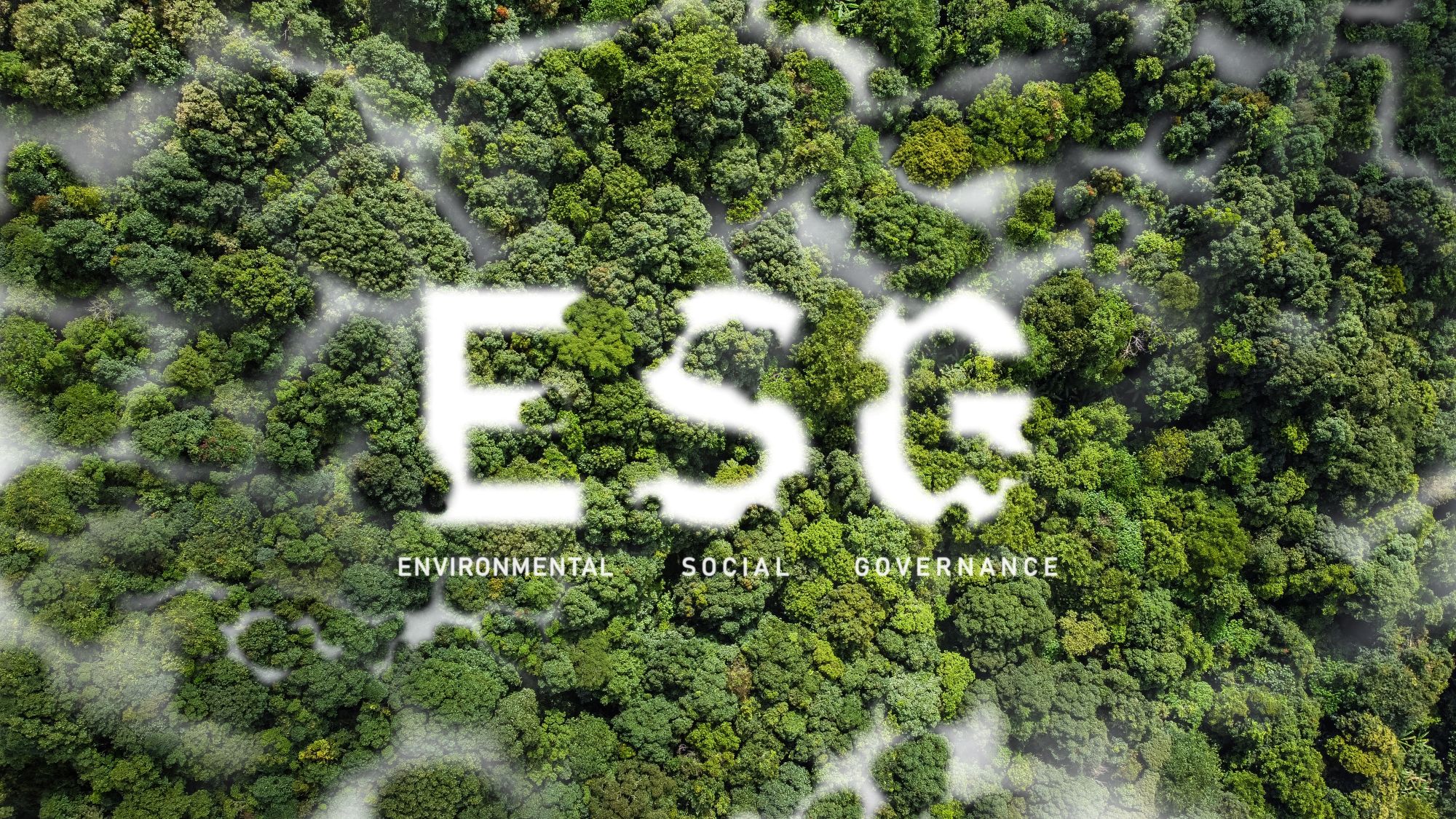
Corporate Social Responsibility as Part of Our Identity
At Auren Argentina, we have understood for several decades now that Corporate Social Responsibility (CSR) is not a passing trend or an external add-on to management, but rather an essential dimension of our firm’s purpose. Our commitment to society, people, and the environment is an integral part of how we conceive business and consulting. This means not only complying with laws and regulations but also adopting a proactive commitment to the well-being of the community.
A Commitment Beyond Numbers
Today’s world demands that organizations create economic value but also contribute to collective well-being. According to the United Nations, achieving the Sustainable Development Goals (SDGs) could generate, by 2030, USD 12 trillion in global market opportunities, especially in sectors linked to energy, sustainable cities, food, and health.
In Argentina, recent studies by the UCA Social Debt Observatory show that over 40% of the population lives in structural poverty, reaffirming the crucial role of the private sector in promoting equity, inclusion, and opportunity creation.
Benefits for Companies
Over the years, CSR has proven fundamental to the long-term success of any company. Some of the benefits include:
- Enhanced reputation and credibility: CSR allows companies to demonstrate their commitment to society and the environment.
- Attraction and retention of talent: Companies that adopt CSR practices appeal to employees who want to work for responsible organizations.
- Cost reduction: Implementing sustainable practices can lower costs and improve efficiency.
- Creation of long-term value: CSR can generate both tangible and intangible benefits that contribute to the company’s long-term success.
Pillars of Our CSR Vision
- Well-being and equity: According to the World Health Organization, every dollar invested in workplace mental health programs can yield a fourfold return in productivity and reduced absenteeism.
- Environmental sustainability: The Intergovernmental Panel on Climate Change (IPCC) warns that Latin America is one of the regions most vulnerable to extreme climate events, demanding business models that integrate sustainability and resilience.
- Ethics and governance: The latest Edelman Trust Barometer reveals that business is the most trusted institution in society, ahead of governments and NGOs, which places organizations in a position of ethical leadership responsibility.
- Community engagement: The World Bank has shown that investment in education and job training has a multiplier effect on development, with social returns far exceeding the initial investment.
CSR is not just a set of actions. It is a way of doing business with purpose, of offering solutions that combine profitability with positive impact, and of supporting our clients in building sustainable, responsible, and resilient organizations.
Corporate Social Responsibility is a concept that has evolved significantly in recent years. Today, companies that adopt CSR practices demonstrate their commitment to society and the environment, beyond their economic objectives. They also integrate a fundamental element into their business strategy that can generate both tangible and intangible benefits. By adopting CSR practices, companies can contribute to a more sustainable and equitable future.
By Romina, Palombi, Directora de Auren Argentina


